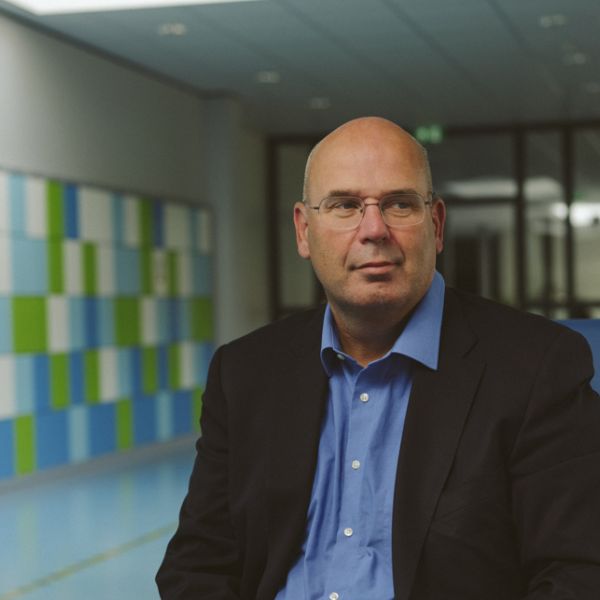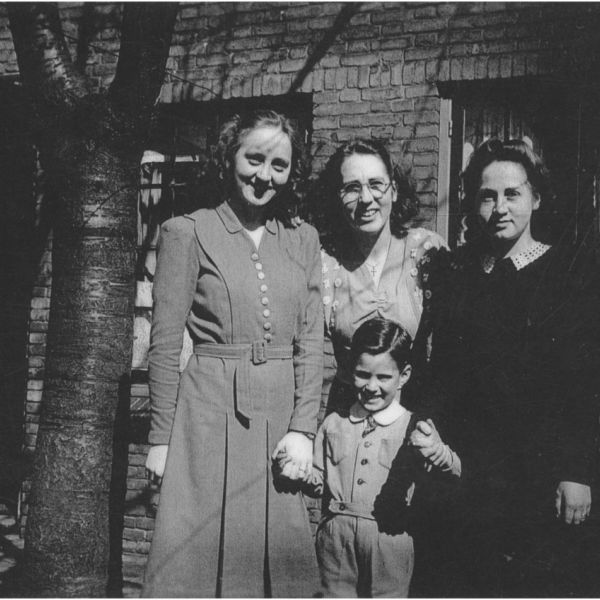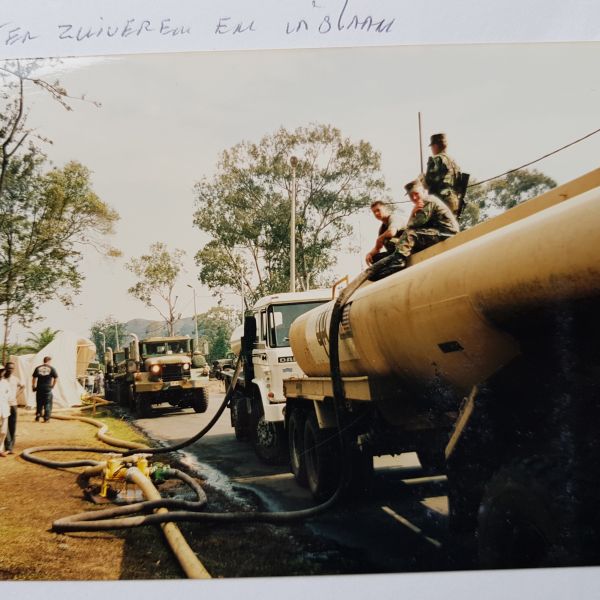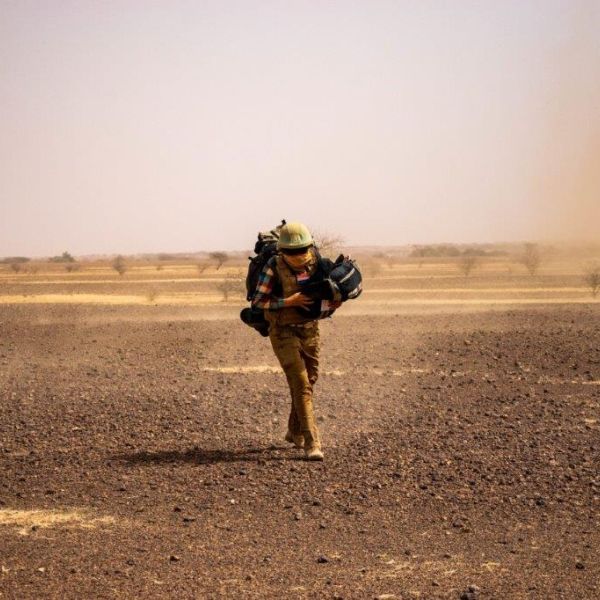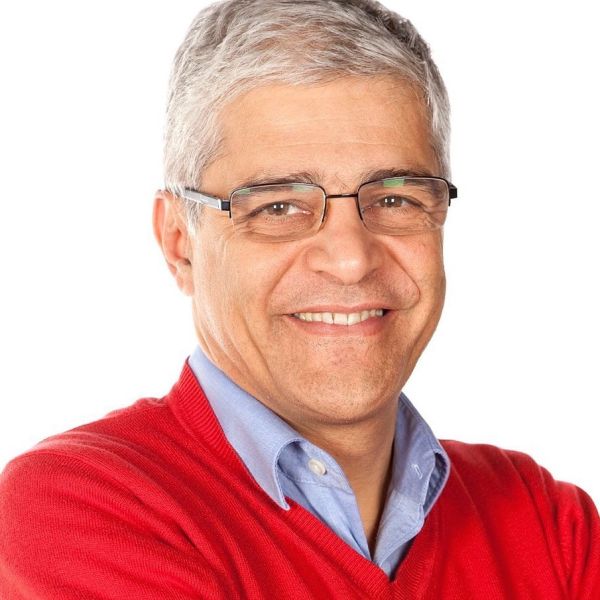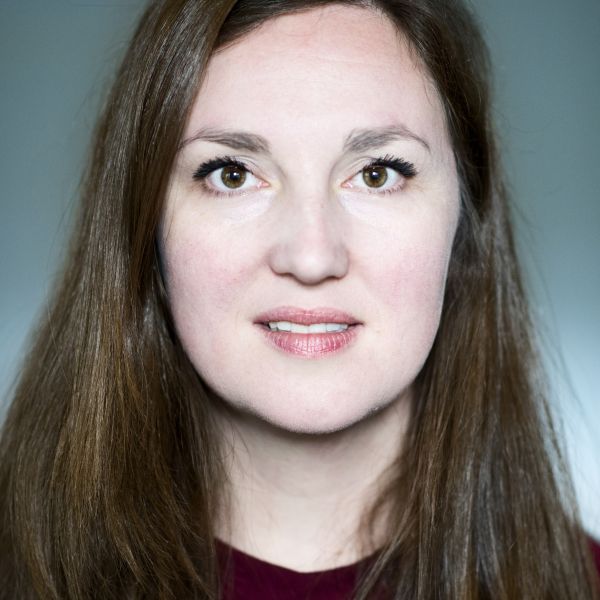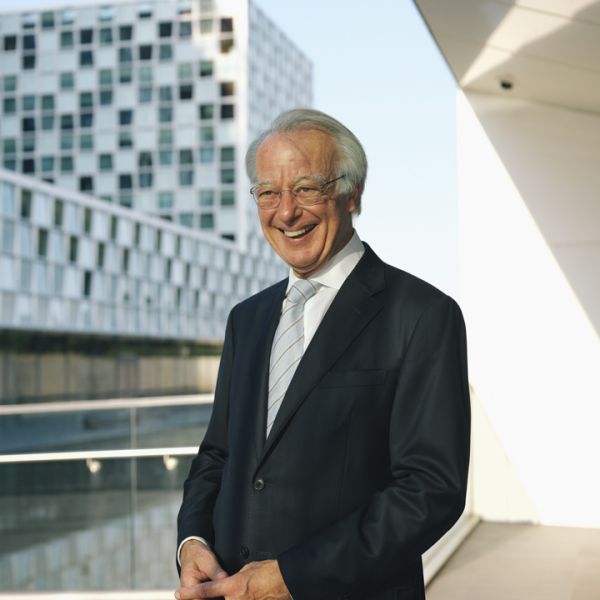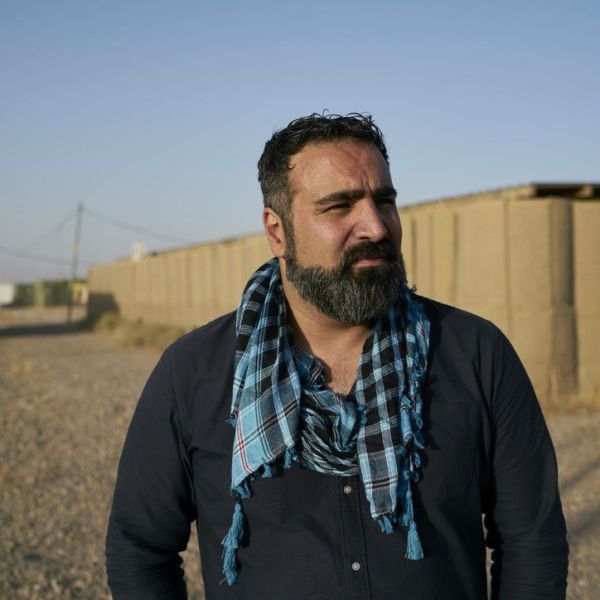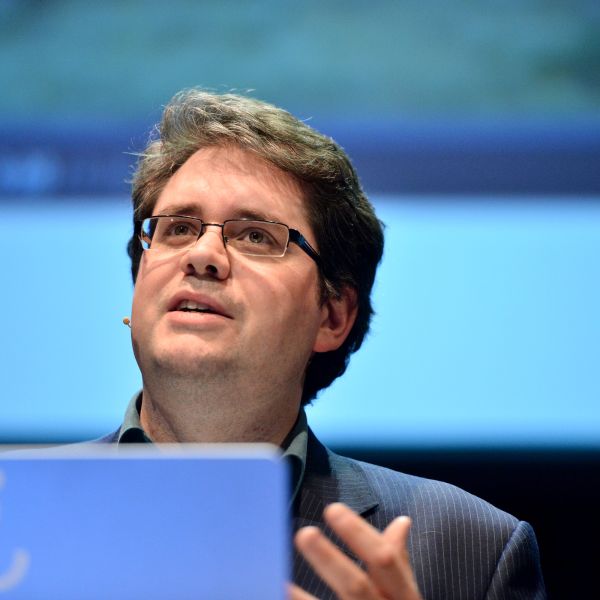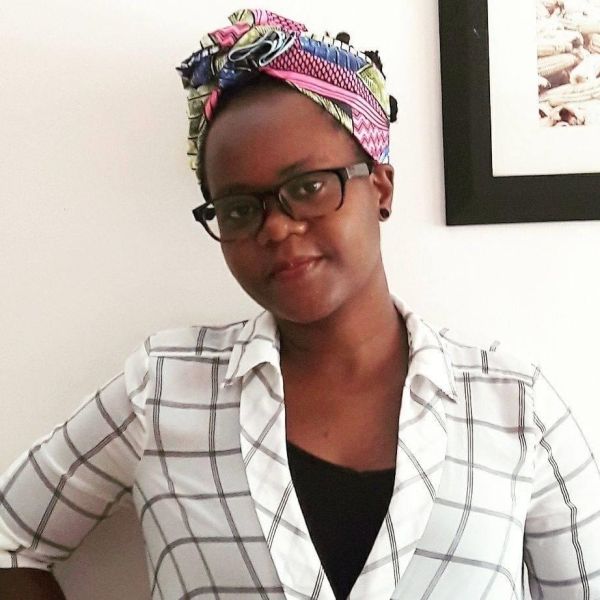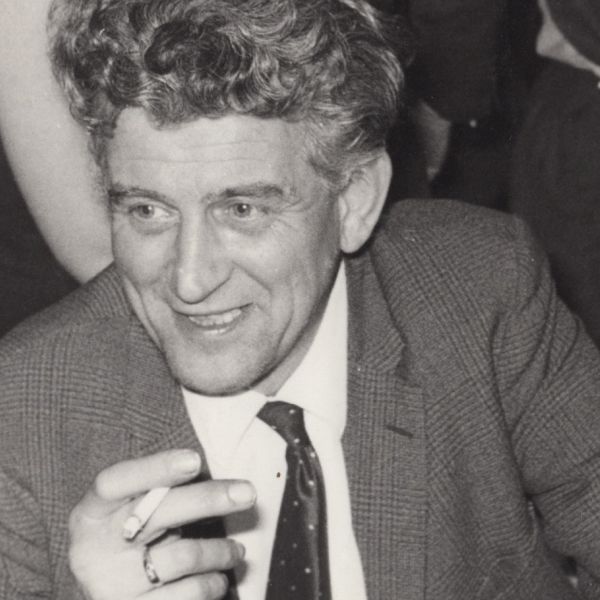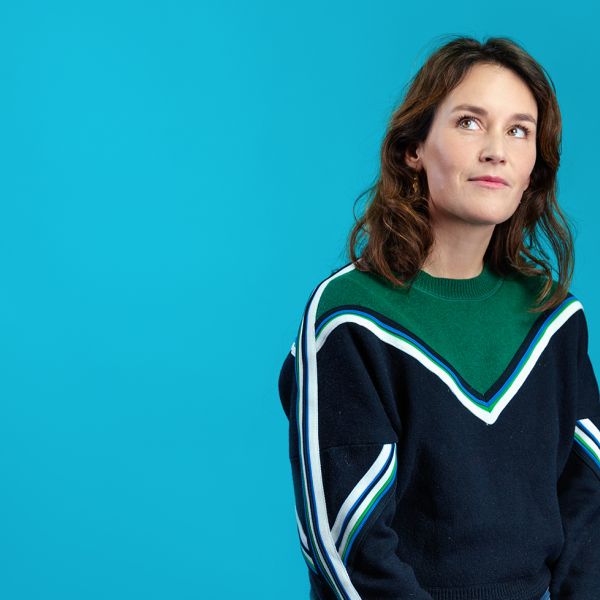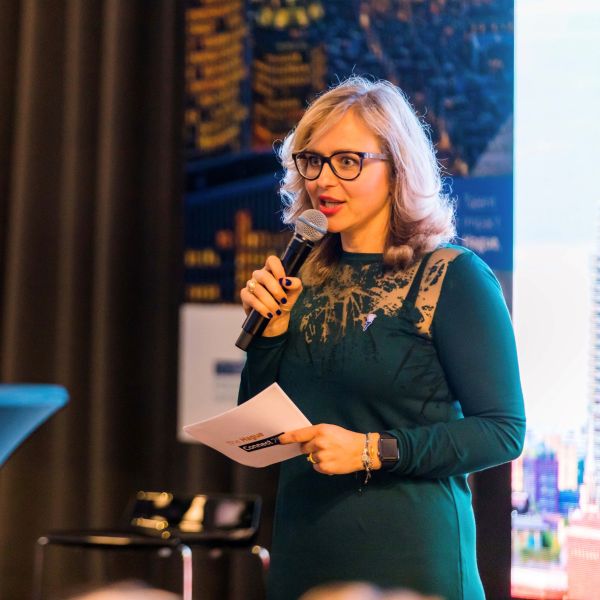75 years of UN in 75 stories: Henry Duijvestijn
In 1983, Henry Duijvestijn (1963) was serving as a conscript for UNIFIL in Lebanon. That’s where he met Amy. In 2019, he went back for a reunion trip. Right before that, he found Amy again. Now they’re finally a couple.
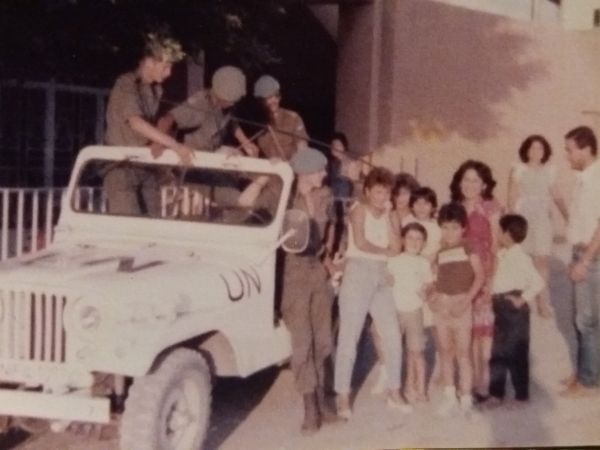
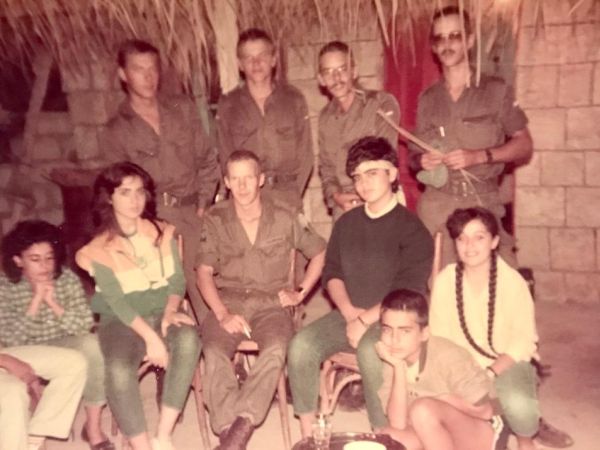
“Lebanon gave us our bond”
After the Lebanese Civil War, which started in 1975, various confrontations took place between the Israeli army and the Palestinian Liberation Organization (PLO) operating from Lebanese territory. The power vacuum allowed the PLO to carry out attacks on Israeli territory from southern Lebanon. A major attack on 11 March 1978 led Israel to occupy a piece of Lebanese territory. The UN Security Council then adopted a resolution calling upon Israel to withdraw from Lebanon. The United Nations Interim Force in Lebanon (UNIFIL) was charged with the task of overseeing the withdrawal and restoring peace and security. To this day, there are still UNIFIL ‘blue helmets’ in the region.
From 1979 to 1985, the Netherlands provided some 9000 troops to the UN forces in Lebanon. In 2016, after acknowledging the violation of its duty of care towards the troops during this mission, the Dutch Ministry of Defence agreed to pay compensation to Lebanon veterans suffering from post-traumatic stress syndrome (PTSS).
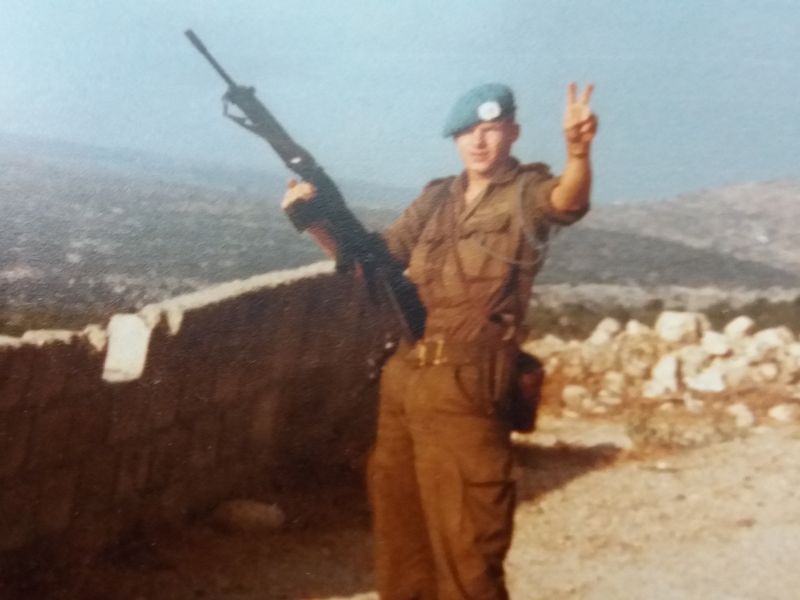
“In 1983, I was doing my military service and was posted in Lebanon. We had to do social patrols, and they often took us to Zibkine, a village near our post 7.7. We were always invited for a cup of tea there. That’s how I first came into the house of Amy Bazih. She was living there temporarily, after fleeing from Beirut with her family, and she spoke English well. So we were sitting there, five young soldiers in a circle, and she asked us a riddle. I didn’t know it, but I suddenly figured out the answer, and I said it. That’s how I made an impression on her.
She was 15 then, I was 19, and later back in the Netherlands one of my buddies said to me, ‘Hey Henry, you were really in love with her’. But I had a Dutch girl back home, and I married her. Then I saw Amy one more time, on the beach at Kijkduin. I saw her off in the distance; I didn’t think it could possibly be her, and for some reason or other I didn’t dare go to her.
“As long as there is no peace in my homeland, I can’t live there”
Slowly, Amy faded out of my thoughts. Until last year. They were organising a reunion trip, the 40th anniversary of the UNIFIL mission. When I was getting ready to go, I was looking through some old letters and photos, and there she was again. I looked for her on social media, following a trail that led from Canada to America, and then I found her again. We saw each other again in Brussels and we found something beautiful. I found myself in her, and I think the same thing happened to her. Lebanon was a bond between us then, and now it is again.”
In the meantime, Amy’s family had left Lebanon. “It’s such a beautiful country, but politically it’s hopelessly divided,” she explains. “War breaks people inside. And it broke me. Sadness, uncertainty and depression control your life. Always afraid that a car is going to explode, a plane is going to crash, or the shooting will start. As long as there is no peace in my homeland, I can’t live there. That’s why we need the doves of peace, like the guys from UNIFIL.”
There is only one place on earth where nearly all the nations of the world sit around the table: the United Nations. The UN focuses on issues that transcend the borders of countries or even affect the entire world, such as peace and security, climate change, education, health, cultural heritage, economic development, and more. To many, the work of the UN seems very abstract, but by engaging with rescue workers, peacekeepers, aid workers, diplomats, eyewitnesses, soldiers, and others involved with the UN, it becomes clear how important the work of this organization is. This is exactly what Humanity House has done. Unfortunately, this organization had to close its doors, but Just Peace and Museon-Omniversum have teamed up to preserve their stories. You can now find these stories on Just Peace's website, and some of them are also included in an exhibition about the UN at Museon-Omniversum.
The 75 Years of UN Stories were collected and curated by Frederiek Biemans for Humanity House.



